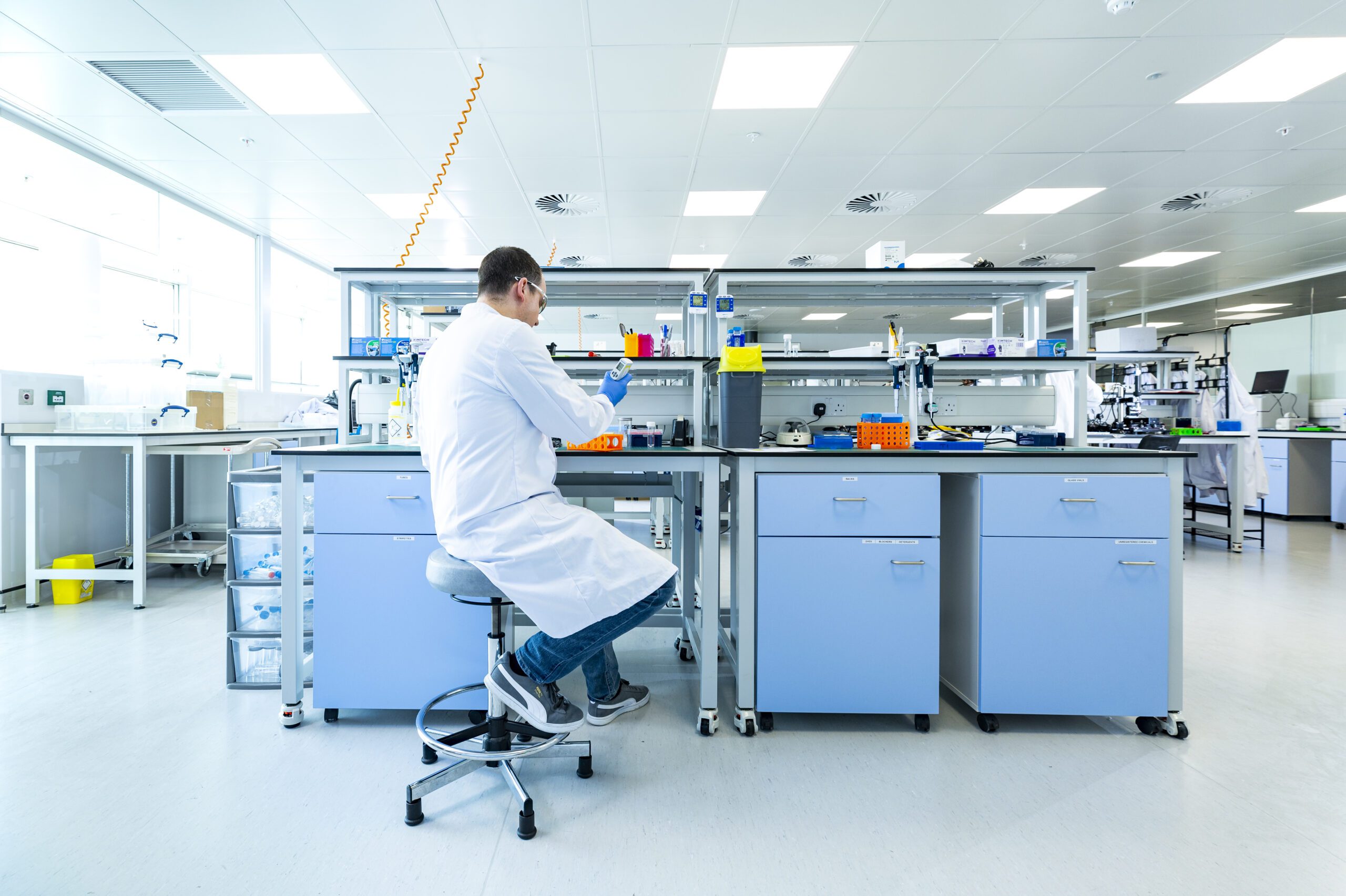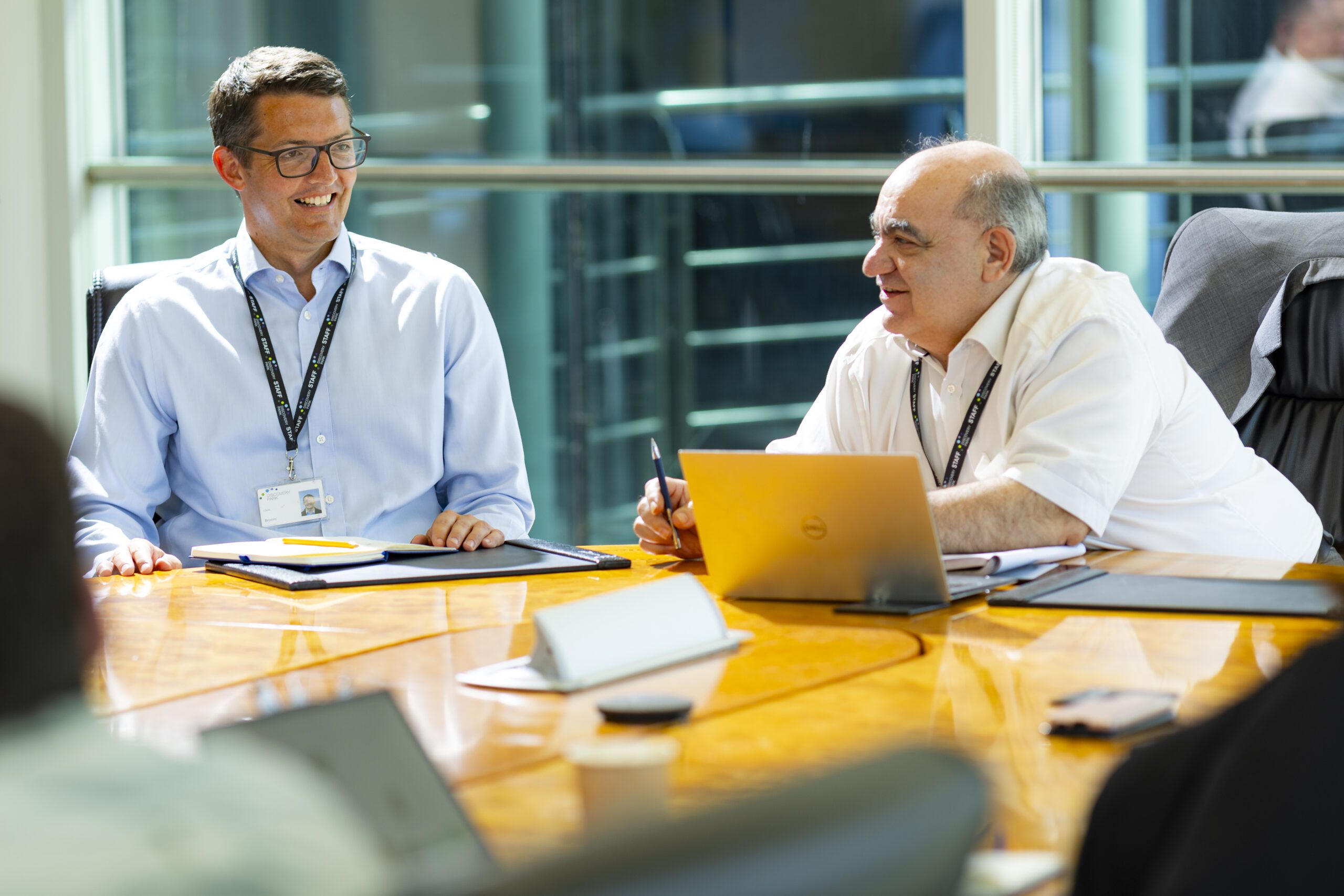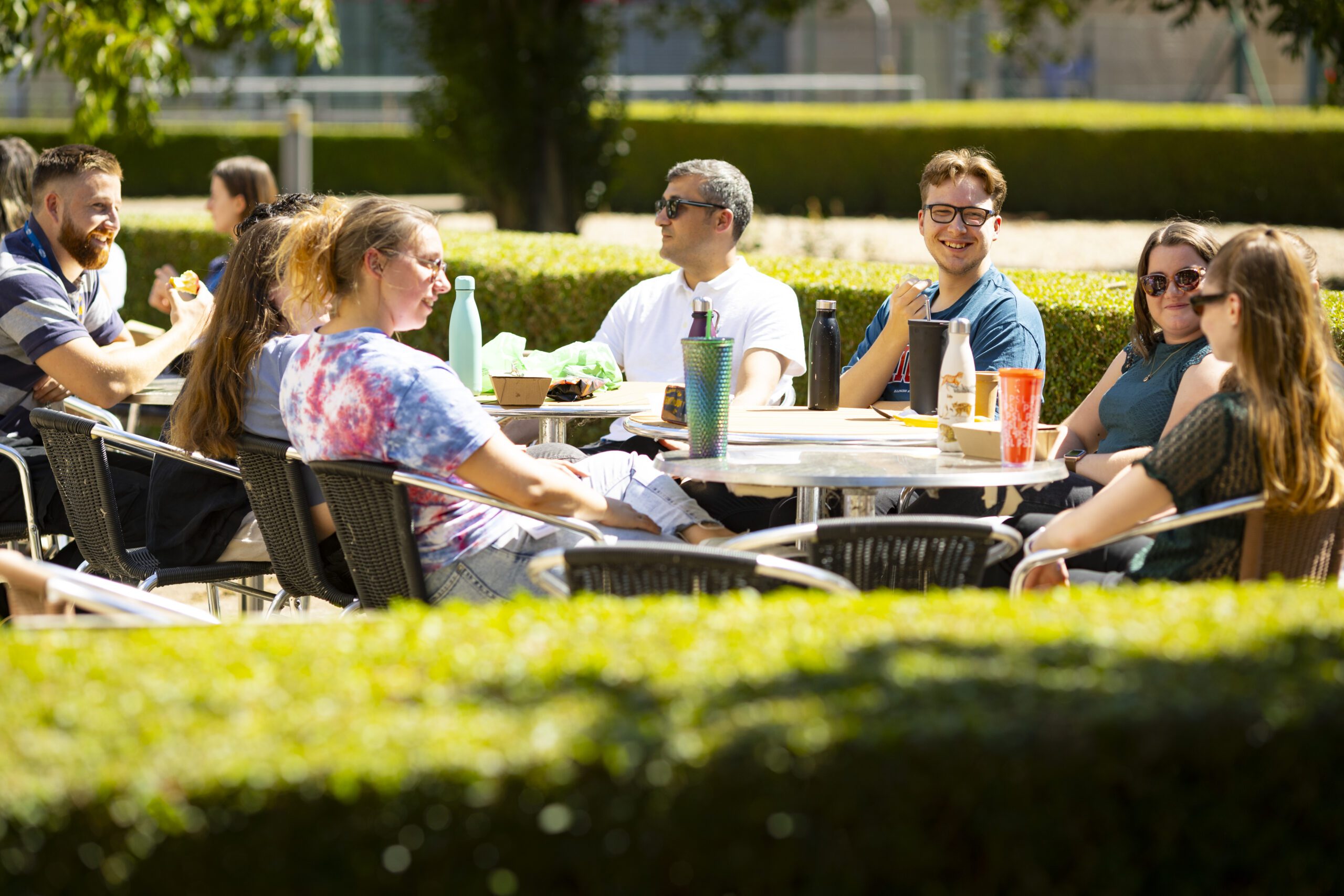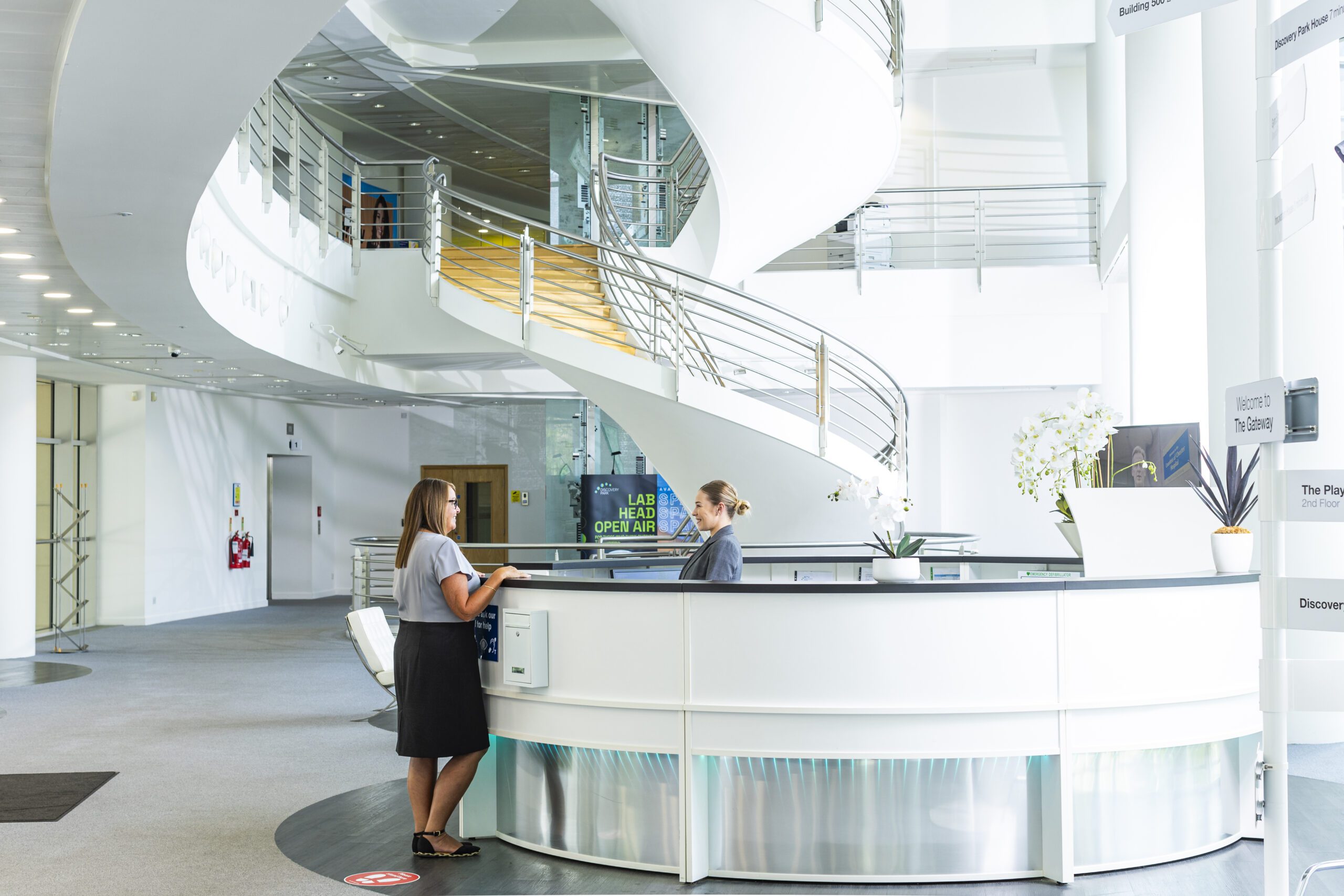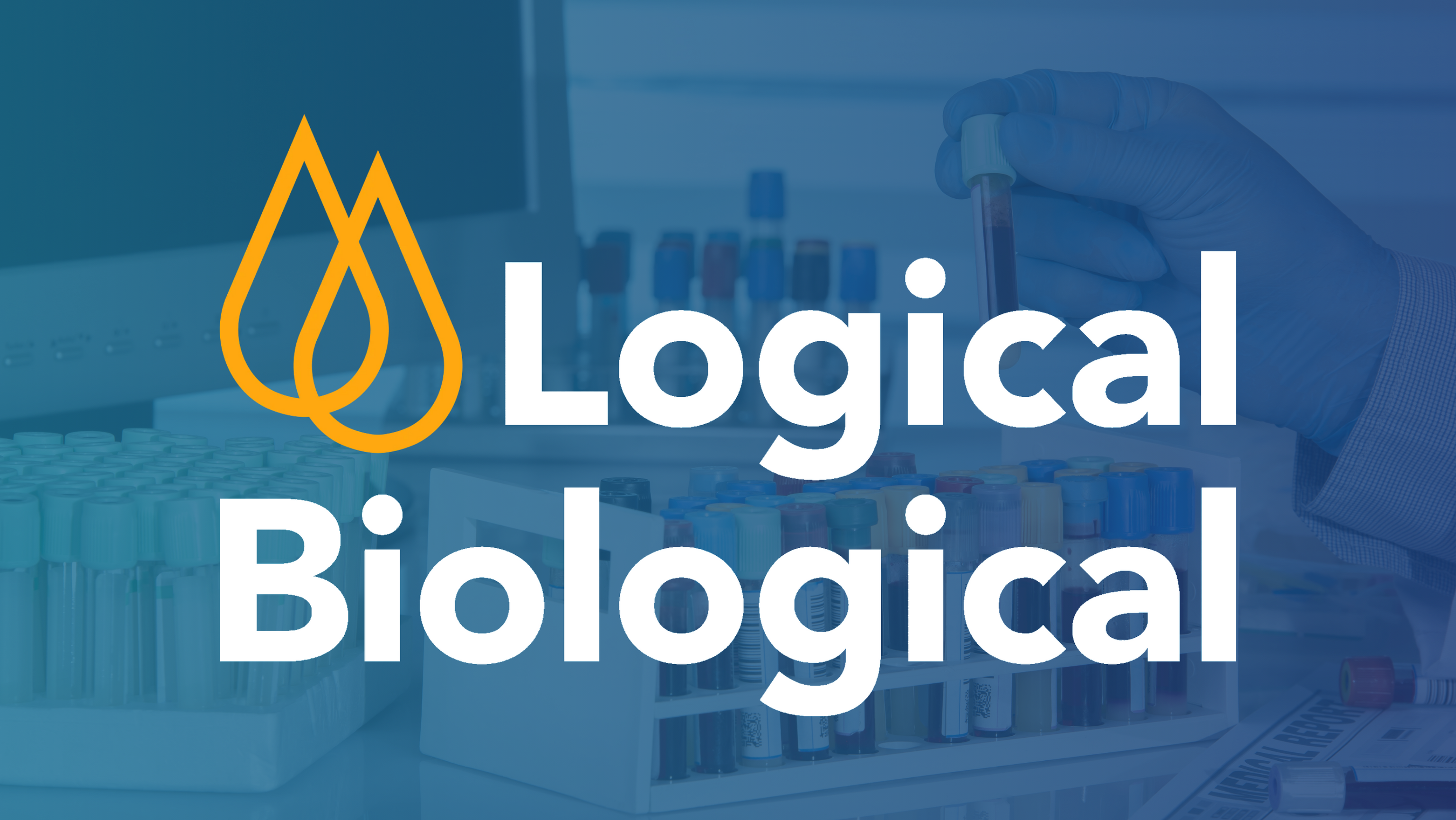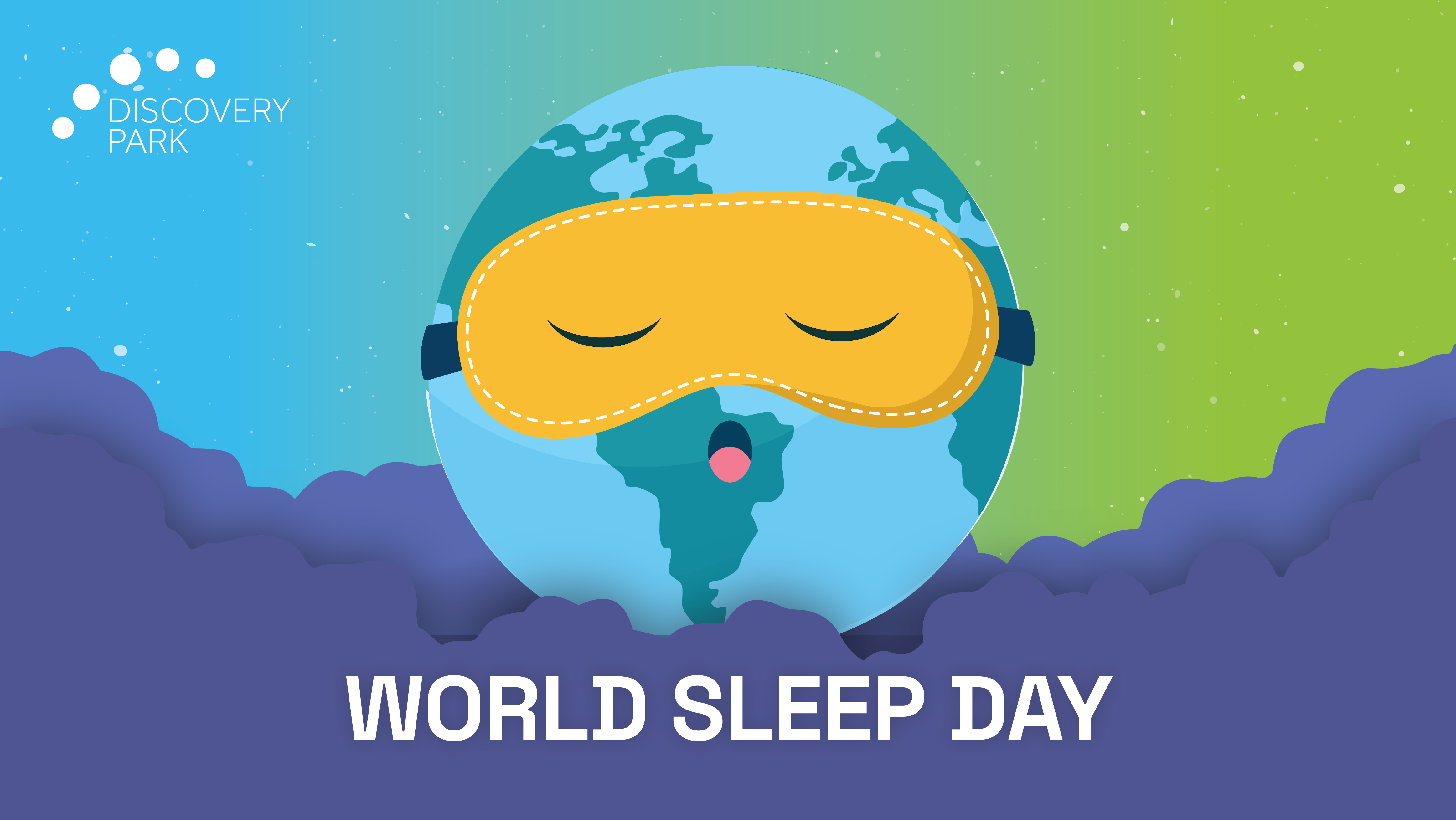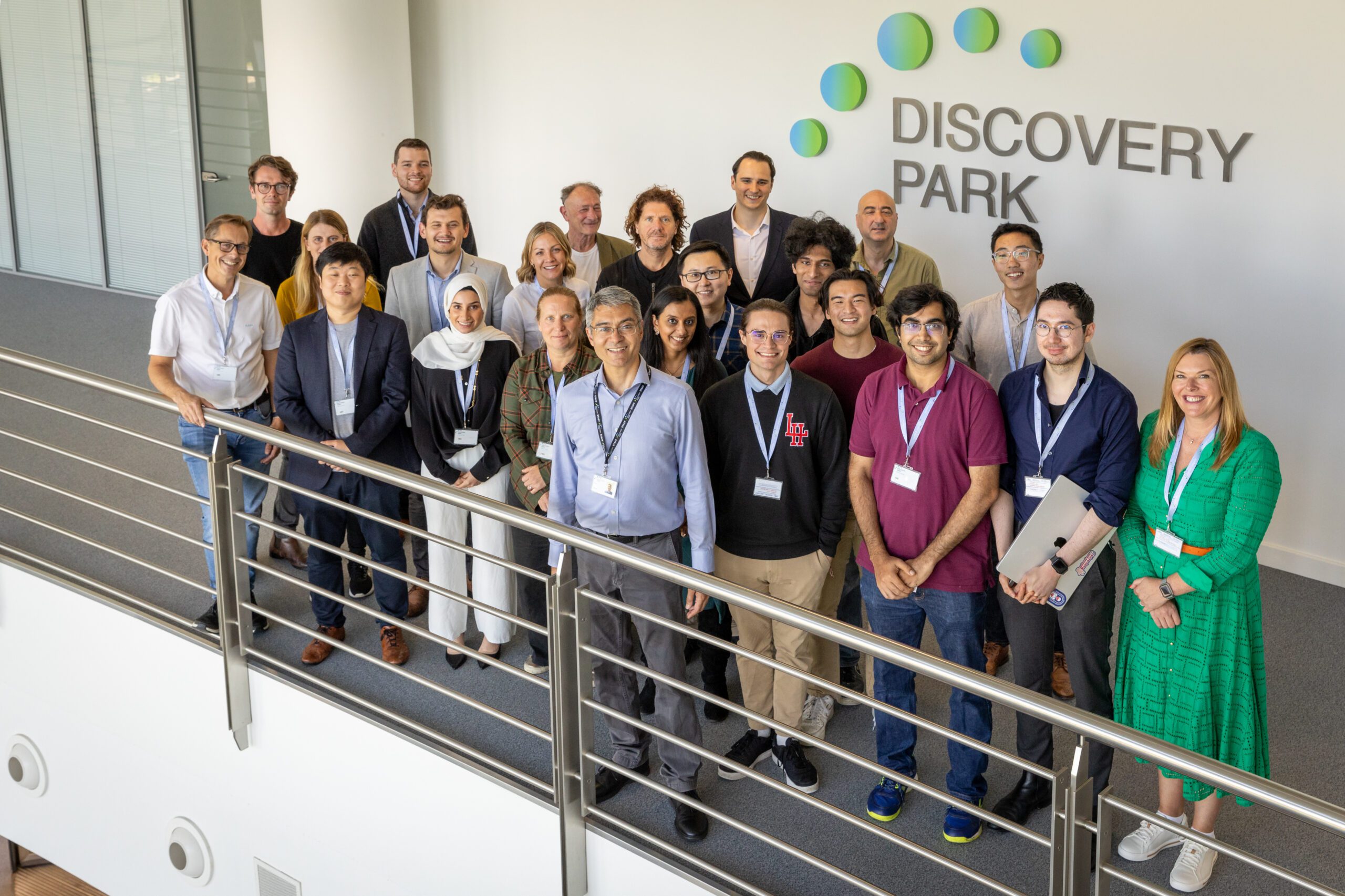Written by Joel Petch, Senior Lecturer and Academic Lead at the Kent and Medway Medical School, and Dr Andrew Westwood, Consultant Neurologist at Maidstone and Tunbridge Wells NHS Trust.
Humans, like all animals, sleep and we spend a third of our lives doing it; yet only recently have we started to take its importance seriously. It is as fundamental as eating, drinking, and breathing. It helps both our physical and mental health. We continue to learn more and more about the purpose of sleep, and still do not fully understand it, but here are some things we do know about it.
In the last few decades, we have come to realise its importance in consolidating learning and memory formation. The nerves in our brain fire slower and synchronously during sleep, without having to worry about what’s going on in the world around us. It gives our brain the chance to process everything that has occurred during wakefulness and restore our bodies in preparation for the day ahead.
Sleep also has a role of cleaning out the waste products and toxins that accumulate in our brains, and only in the last decade have we discovered that we have a special system called the glymphatic system. This system expands during sleep and appears to help filter the brain of waste products. It’s thought that disruption to this process may be involved within several brain disorders.
Skipping a few hours of sleep for more social media time has its consequences. Lack of sleep disrupts our metabolism and you might notice you are more peckish after a bad night of sleep. This has a knock-on effect of piling on the pounds. It’s commonplace for fitness advice now to highlight how important sleep is – it’s not what you actively do on a treadmill or lifting weights, but we can help reach our goals by allocating enough time for sleep.
We’ve all experienced a bad night of sleep and sometimes people around us can tell – we may become more irritable, moody, and find it more difficult to concentrate on what we are doing. It’s clear that sleep is of critical importance, and worth remembering that a happy brain is a well-rested brain. So, we’ve established the importance of adequate quantity of good quality sleep, lets explore what can be done to enhance your sleep.
While there is no singular approach to ensure you have a restful sleep, there are several adaptations which offer an accumulative effect. These adaptations- referred to as sleep hygiene- are a range of actions which promote sleep and offset wakefulness. Lifestyle adaptations are preferable to medications, particularly in the medium and longer terms.
Some considerations to avoid to adversely impact upon sleep:
Avoidance of napping during the day- it may be tempting to have that afternoon snooze, but this will enhance wakefulness at night and eat into your daily sleep quota [which, ideally, we would like to achieve at night].
While many of us feel the need to rely upon coffee to get us from day to day, if you have trouble sleeping, it would be wise to reduce the caffeine in the afternoon and evening. Caffeine, one of the worlds most popular drugs, blocks adenosine within the brain, preventing drowsiness and triggering a temporary sense of alertness. It’s noteworthy that other evening treats also contain caffeine including energy drinks, tea (black and green) and chocolate.
Immediately prior to bed, you would do well to avoid the use of your mobile phones. Social media activities may well lead to a heightened sense of arousal, and the blue light emitted from the screen also impacts upon your ability to sleep. This light, due to its short light wave, can delay the secretion of the sleep hormone, melatonin. This comes from the pineal gland via activation of the superchiasmatic nucleus, our own internal body clock located within the
hypothalamus. So, in the interest of a good sleep, waking feeling refreshed, and best able to engage with your day, please do avoid the pinging of social media prior to bed.
Aristotle postulated that ‘a person awakes from sleep when digestion is complete’, while this is contested, in a nod to Aristotelianism, please do avoid heavy meals before sleeping. Acid reflux and indigestion is a common cause of disrupted sleep. Alcohol is another substance to avoid, this may feel helpful with regards to onset of asleep, but any subsequent sleep is likely to be fragmented. In addition, there this is evidence that alcohol induced sleep also adversely impacts dreaming, a period of sleep critical in memory consolidation and glymphatic clearance.
Here are some things you can actively do:
It’s important to develop and maintain a regular sleep routine, this includes timings and patterns of activities. Try to sleep and rise at the same time each day. It’s most important to keep that same wake-up time as this is usually easier for us to do than to guarantee we can sleep at the same time. Ensure you don’t go to bed earlier after a bad night of sleep, keep the same routine regardless. A warm and relaxing bath may also be the perfect approach to prepare to sleep for some, usually 60-90minutes before intending to sleep. Further positive actions include having a sleep-promoting environment- a space which is comfort, quiet, and at a temperature that is lower than during the day. Implementing these actions will have an accumulative effect and heighten the likelihood of a restful night. However, if you are finding it difficult to sleep, be reassured that this is a common, albeit frustrating, circumstance. Further practical advice can be found here: https://www.nhs.uk/live-well/sleep-and-tiredness/how-to-get-to-sleep/

